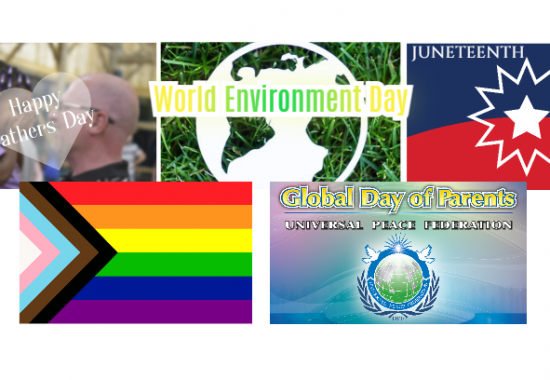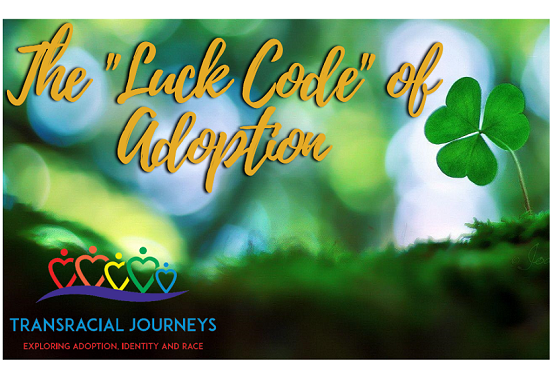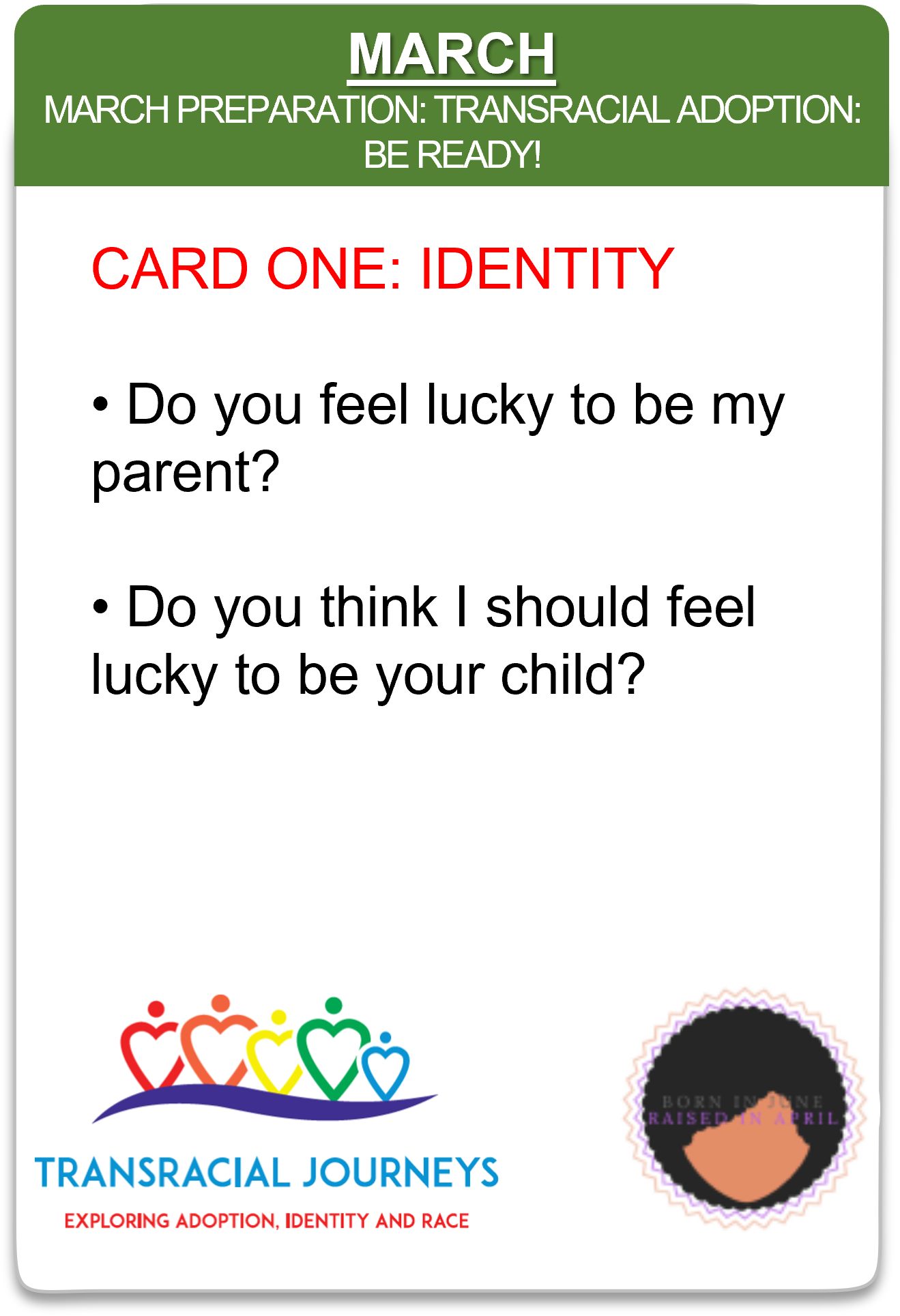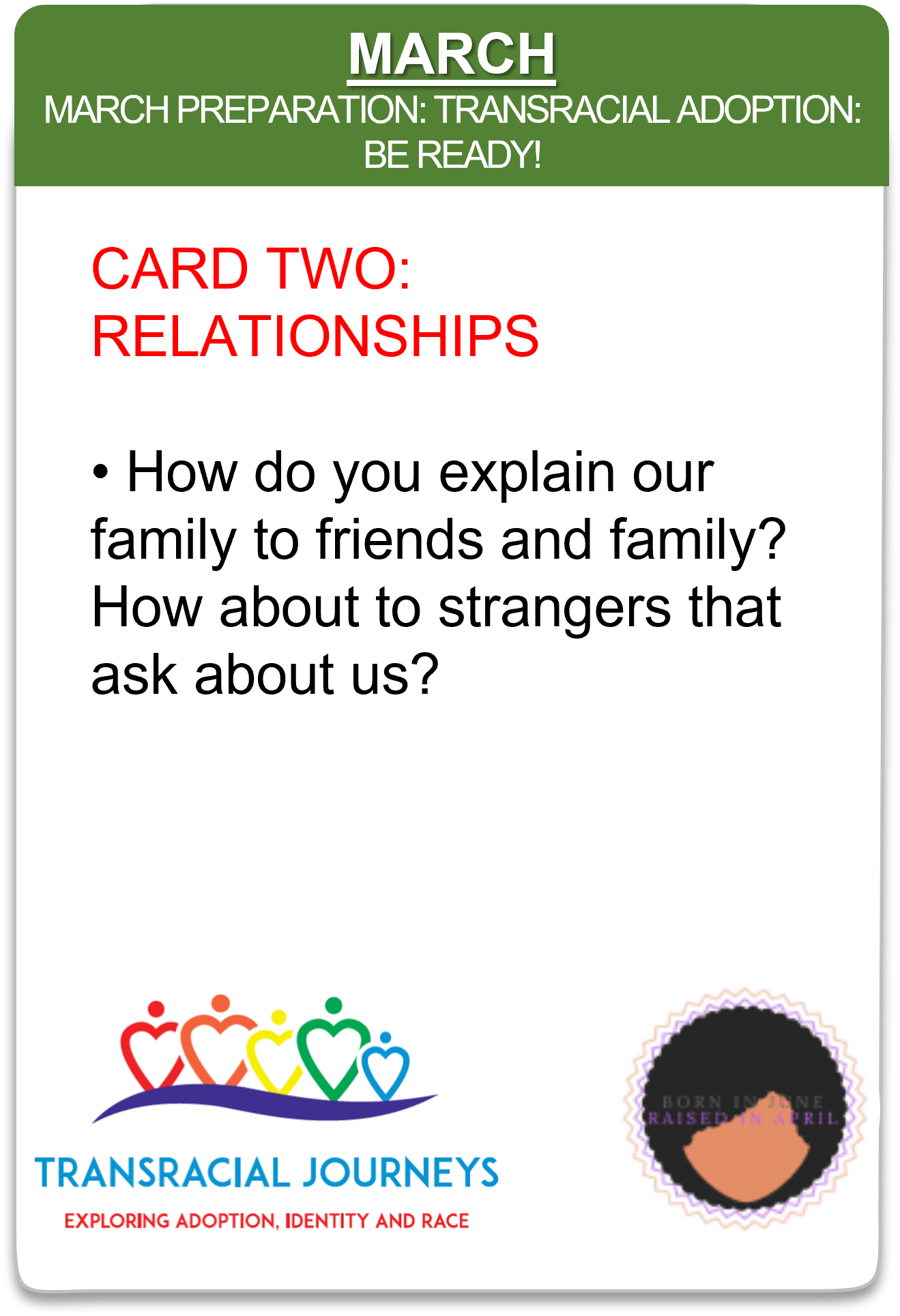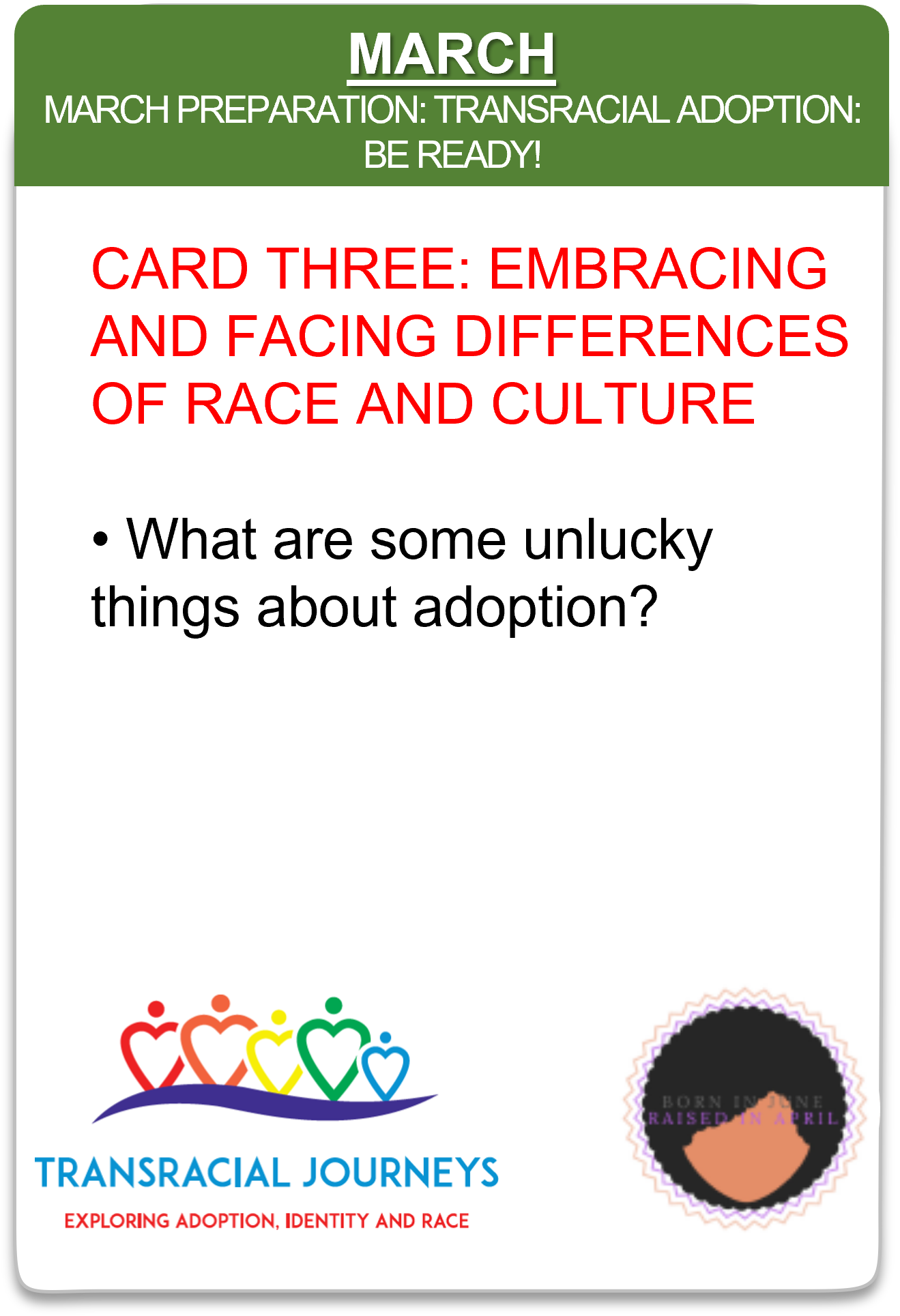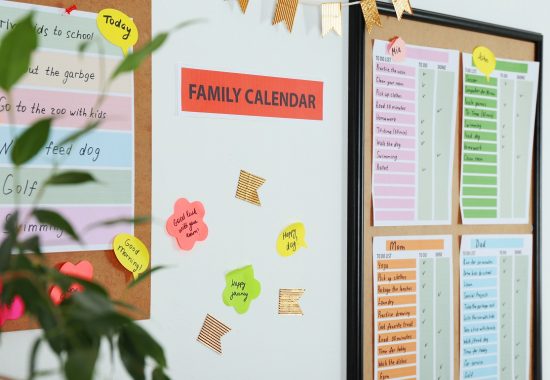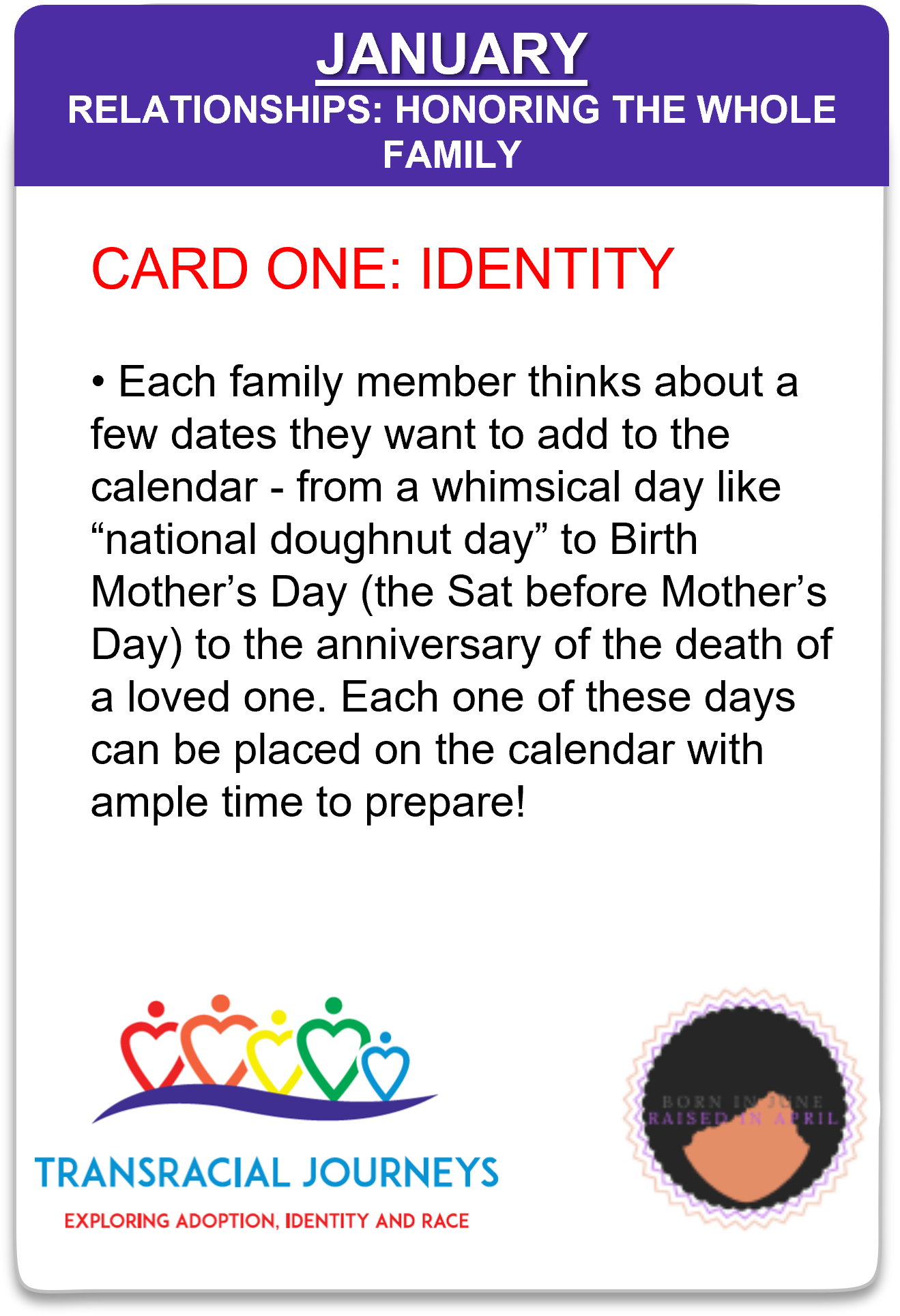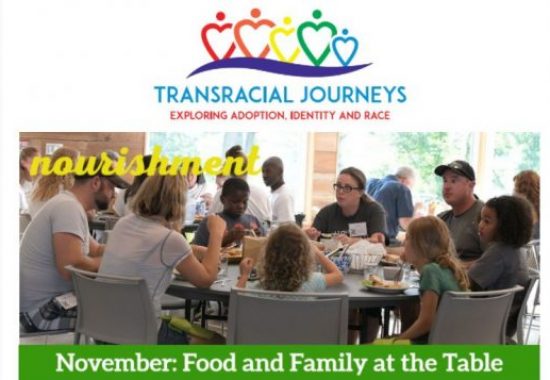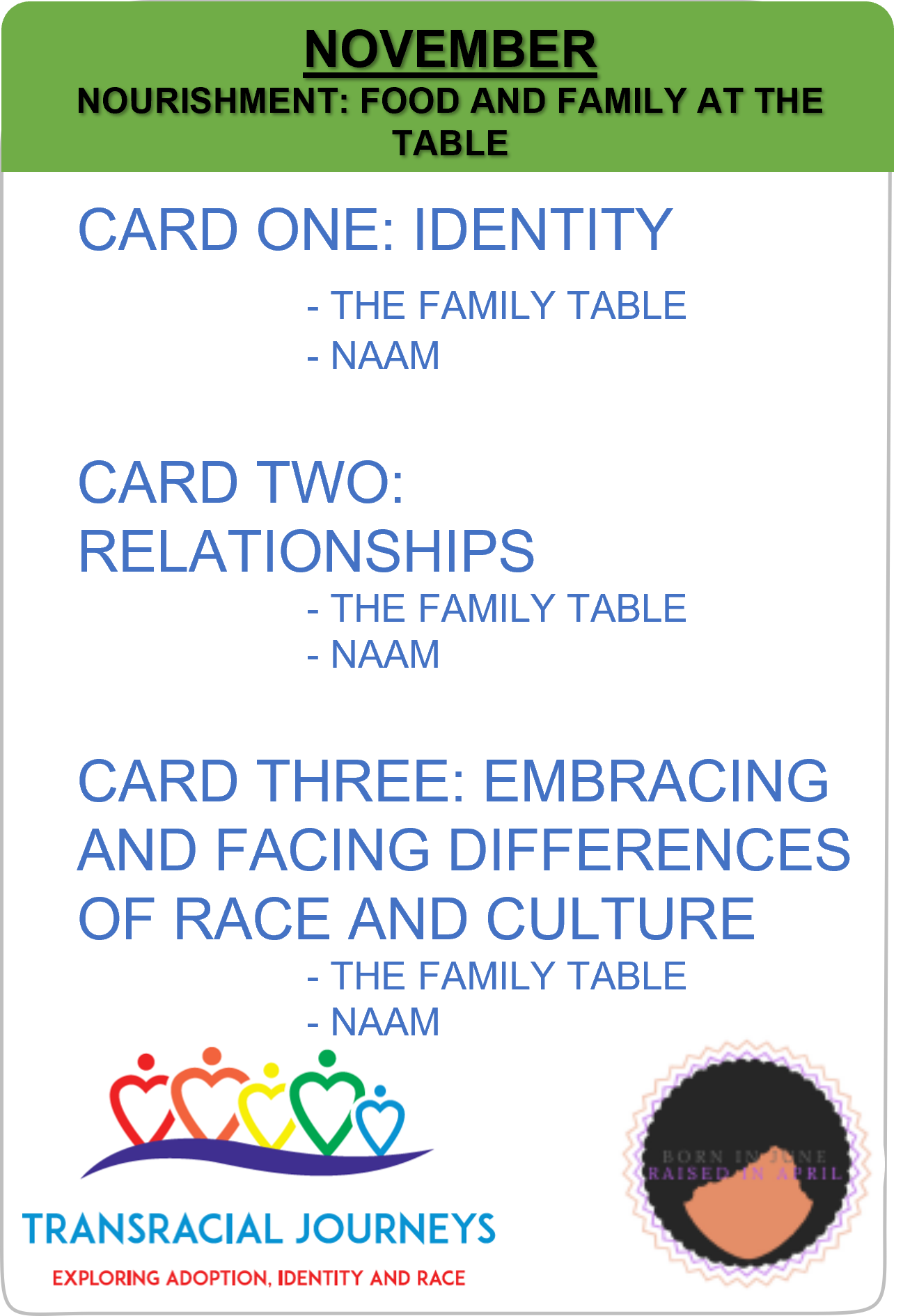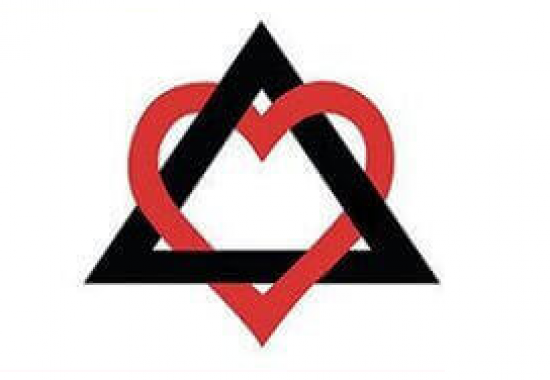Transracial Journeys is pleased to announce Hannah Jackson Matthews, M.S. Ed., as a featured presenter for Family Camp 2022, August 4-7th. Hannah will be sharing her experiences and expertise helping us to better understand the importance of connections to family and culture of origin as well as how to navigate racism. As a writer, an educator, a speaker and a transracial adoptees champion, Hannah has made it her mission to advocate for the needs of transracial adoptees. Matthews, a transracial adoptee herself, offers invaluable insight, experience and passion as she works to support transracial adoptees by helping to shift the responsibility of facing the realities of racism from the adoptee to their adoptive parents.
More About Hannah
Without the racial literacy necessary to navigate racism, the endless song playing in her childhood mind was "I don't belong".
Born in Kansas City, Missouri, to a white birth mother and Black birth father, Hannah Jackson Matthews, M.S. Ed. was adopted privately and domestically adopted. The Jacksons eagerly brought home their last baby and only baby girl and raised her in Lancaster County, Pennsylvania. Matthews enjoyed romping around her suburban neighborhood with her older brothers. And despite the simple joys of childhood, it seemed her joys were often being interrupted by the bias and discrimination of others.
In a town comprised of not even one percent of people who shared Matthews' brown skin and curly hair, she didn't know how to navigate these painful experiences. Deeply lonely and insecure, she longingly searched for if and where she belonged.
Her journey seeking what was missing continued on for years. In those years, Matthews found solace in the croon of Ella Fitzgerald, the flowing poetry of Q-Tip, the prose of Audre Lorde. She found beautiful friendships within my racial community. She found love with a beautiful Black man and in their two incredible children.
Ultimately, with all of the help of those previously listed, and many more, she found herself. She discovered that in many ways, she was what she was missing. Today Matthews works tirelessly to support transracial adoptees as they find all the magic that they are, too.
More About Transracial Journeys
Transracial Journeys is a social and educational organization designed to provide practical tools and support for families experiencing transracial adoption. Our goals include:
- Building community and promoting racial justice and equity
- Developing healthy racial identity for all members of the family
- Encouraging greater cultural competence for parents
- Fostering a deeper understanding of core issues of adoption
To learn more about our flagship event, Transracial Journeys Family Camp, go to our Family Camp page and check out our schedule of events. If you would like to be notified as future camp details become available, please make sure to sign-up for our monthly newsletter by using the subscribe feature on the bottom of this page..



